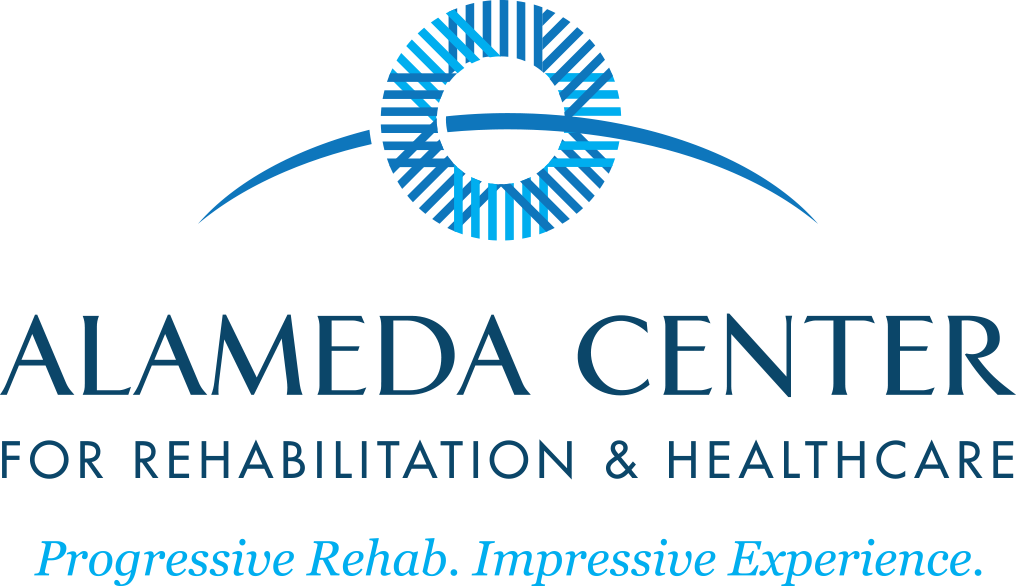Cardiac Rehab for Veterans With PTSD and Depression
New findings show that army veterans with mental health issues are likely make use of cardiac rehab. The study, published in The Journal of The American Heart Association, found that veterans who had a history of PTSD (post traumatic stress disorder) or depression were more likely than veterans who didn’t have this history to go to a cardiac rehab program after a ischemic heart disease episode.
What is cardiac rehab?
Cardiac rehab is a several-week program where patients who are at risk of heart attack or other heart-related disorder can get tools and awareness about how to lead healthier lives and reduce their risks. Included in the program are lectures about how to control the disease and proper nutrition, and exercise classes. According to the American Heart Association, people who take the program have lower risks and healthier specs.
The US Department of Veterans Affairs keeps close track of veterans, after working closely with researchers and the AHA, introduced an app to follow veterans in cardiac rehab.
Heart disease and veterans with depression and PTSD
Nirupama Krishnamurthi, researcher at The University of California San Francisco and the study’s lead author, said of the findings, “Prior research has shown that patients with mental health conditions may have a greater risk for cardiovascular diseases, mainly because they are more likely to engage in unhealthy activities such as smoking, lack of exercise, poor diet and not taking medications as prescribed.” He further explains that in previous studies on this topic, researchers found that the behaviors associated with depression and PTSD in veterans made it unlikely that the cardiac rehab would effect any long term change in these patients.
Findings of the study
The authors of the study based their research on national Veterans Administration Corporate Data records. They found 86,547 records of veterans who had been hospitalized for an ischemic heart disease episode between 2010 and 2014.
Some of the findings of the study showed that of the patients identified, 24% had either depression or PTSD or both, and that this group had higher participation rates in cardiac rehab that their counterparts. The adjusted rates of participation was 24% higher in patients who showed with depression, 38% higher in patients who showed with PTSD, and 57% higher in patients who showed with both, as opposed to patients who did not show with either. This was at odds with previous studies that had showed that patients with PTSD were less likely to use cardiac rehab, but the authors of this study point out that those studies had much smaller sample sizes and were based on patients who had been recommended to cardiac rehab by a doctor rather than everyone in the pool.
The authors conclude that, as opposed to previous theories that mental health conditions might be a barrier to getting better, these findings show that patients with mental health conditions actually engage more with the system and might be at better odds of receiving the care they need.
At the Alameda Center, we offer strong and flexible cardiac rehab programs for people who are at risk of a heart attack – right now, only about one fifth of eligible patients engages in one. Talk to us today to hear about our programs and how they can help you.
